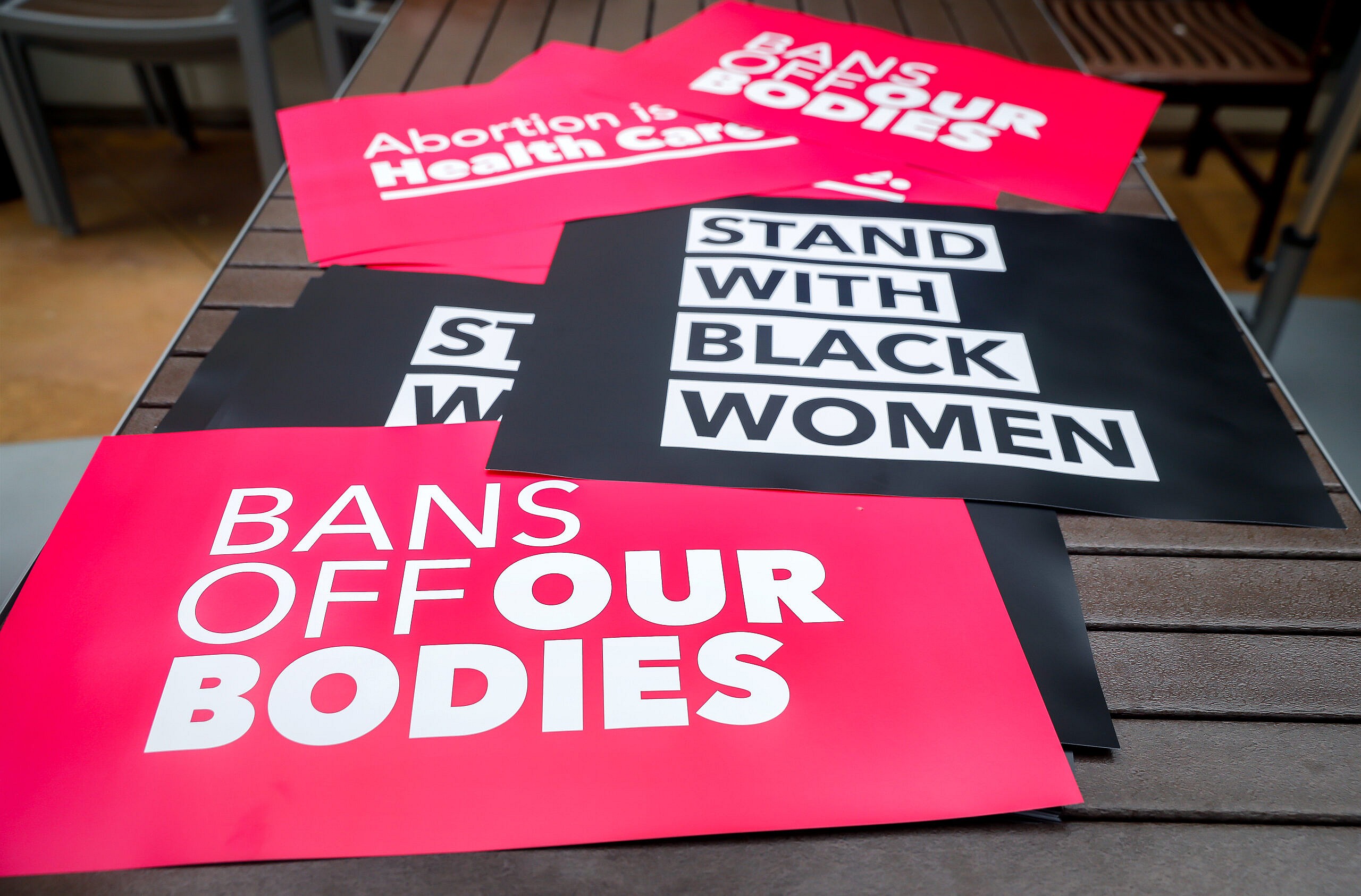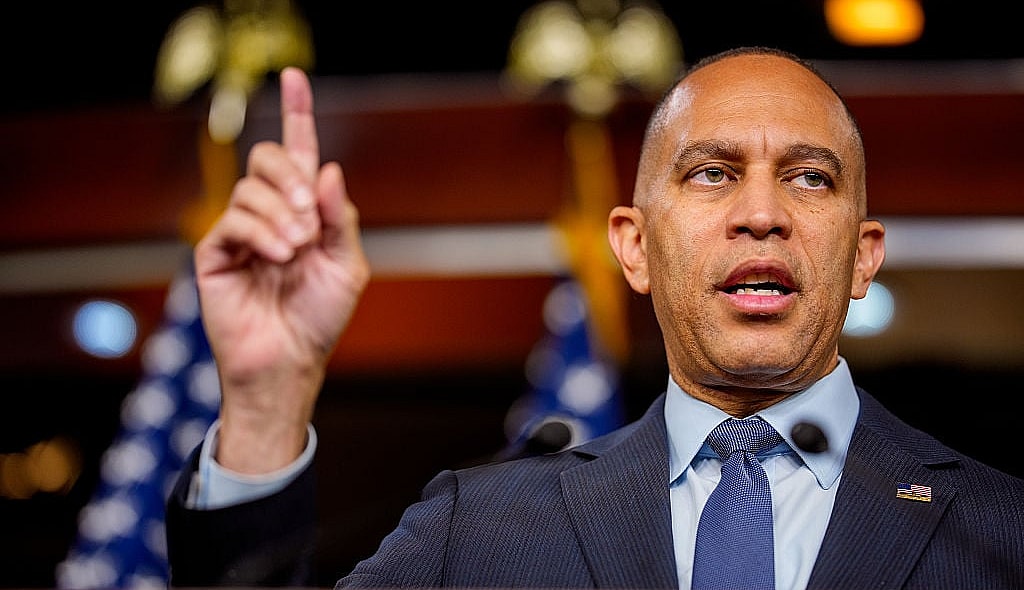Rights advocates are pushing for privacy laws to protect pregnant women from being surveilled and criminalized for receiving abortion care.
Jon McCray Jones, a policy analyst with the American Civil Liberties Union, told theGrio that women who live in states that outlaw abortions can be surveilled and criminalized for getting an abortion in states that have legalized the procedure.

Jones told theGrio that surveillance can begin the moment, “a family member, friend, coworker or social worker of a pregnant woman leaves a tip for law enforcement.”
Next, law enforcement can obtain a subpoena or a warrant to acquire devices belonging to the pregnant woman and anyone else who helped her terminate the pregnancy. Officers can then sift through text messages and social media messages to find evidence to criminalize those involved.
Jones told theGrio that pregnant women are also at risk of surveillance while receiving medical treatment.
“You come to a hospital and say ‘I had a miscarriage,’ however a health care worker can then tip off law enforcement and state that the patient engaged in a self-managed abortion,” he said.
Officers would then obtain a subpoena or a warrant to access the patient’s phone and look through the search history to see if the patient looked up ways to get an abortion.

Jones said, “They can prosecute you that way and build a case.”
U.S. Rep. Sydney Kamlager-Dove, D-Calif., told theGrio that she has seen an influx of pregnant women coming to California from “states where it’s not legal to get abortions. As a result, these women have become victims of tracking.”
“The person who gave them money to rent the car, drove with them or let them stay with them while getting an abortion are also being tracked, monitored and then criminalized,” she continued.
Jones highlighted a case out of Nebraska, where a mother and daughter were sentenced to prison for working together to abort a pregnancy and for burying the remains.
In April 2022, Facebook messages showed that Jessica Burgess, 41, gave abortion pills to her daughter Celeste, who was 17 at the time. Before the U.S. Supreme Court overturned Roe v. Wade, Nebraska had enacted a law that prohibited abortions after 20 weeks.

Celeste was around 28 weeks pregnant at the time she consumed the abortion pills. She then confided in a friend, who alerted law enforcement to the crime.
Officers obtained a warrant and found messages on Facebook that confirmed Burgess and Celeste conspired to illegally terminate her pregnancy. As a result, Burgess was sentenced to two years behind bars and Celeste faced 90 days in jail and two years’ probation.
Although this case took place before the overturning of Roe v. Wade, Jones said history could repeat itself.
The Supreme Court’s decision on Dobbs v. Jackson Women’s Health Organization, which overturned Roe, also gave states the authority to create their own abortion laws. Since then, a number of Republican-led states have enacted abortion bans, including Florida, Georgia, Alabama, Texas and Idaho, and the restrictions have disproportionately impacted marginalized communities.
“America has a long history of enforcing its moralistic views on sexuality and bodily autonomy in a very authoritarian way on people… even if that comes down at the cost of your liberty, privacy and freedom,” said Jones.

“Everyone should have the right to have an abortion,” Jones added. “We need stronger privacy laws on the federal level that stop corporations from tracking this data and holding onto it.”
Rep. Kamlager-Dove told theGrio that she is prioritizing keeping “data safe” for all Americans.
“We are now dealing with making sure privacy is observed and keeping people safe and preserving their right to making private medical decisions,” she added.
Recommended Stories
Never miss a beat: Get our daily stories straight to your inbox with theGrio’s newsletter.









